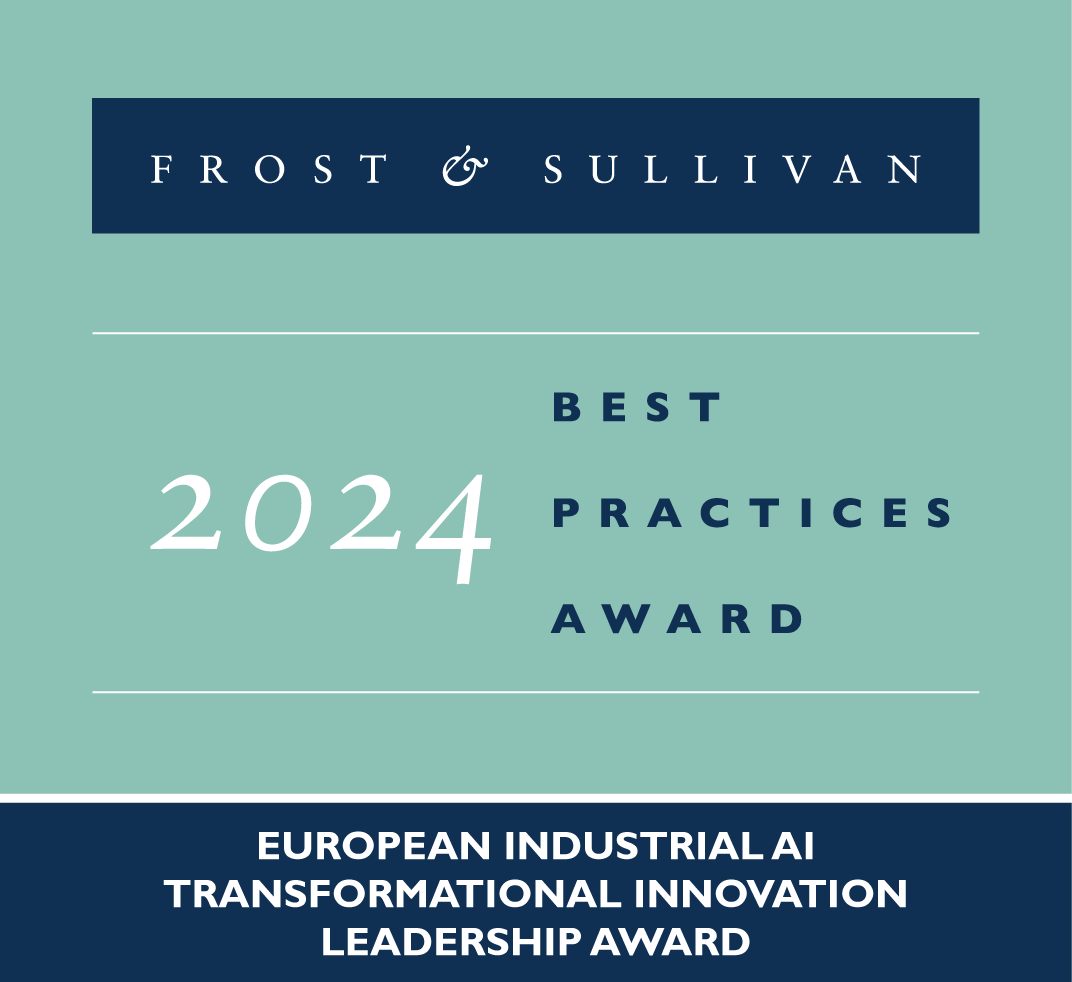Mergers and partnerships to be an indispensable part of manufacturing, finds Frost & Sullivan’s Industrial and Process Control Team
London – 24 November, 2016 – Cloud technology is an important enabler of global manufacturing processes and operations. It has the potential to improve all levels of manufacturing through value chain optimisation, improved productivity, real-time analytics, device connectivity, seamless communication, automation, data centralization, storage and cost reduction.
“Connectivity-enabled manufacturers such as Siemens, General Electric and Bosch are looking towards embracing new business models. These companies are no longer looking at monetizing the cloud as a mere product. Their focus is now on providing services driven by data that is managed by their cloud,” said Frost & Sullivan Industrial Automation & Process Control Senior Research Analyst Nandini Natarajan. “By providing the necessary infrastructure through cloud, the volume and variety of data being produced by the Internet of Things can be processed in a significantly shorter time period.”
Manufacturing in the Cloud is part of Frost & Sullivan’s Industrial Automation & Process Control Growth Partnership subscription, which offers clients unique insights into competitive dynamics, pricing strategies, demand trends, and technological development within the Industrial Internet of Things (IIoT), automation, process and welding sectors.
Click here for complimentary access to more information on this analysis and to register for a Growth Strategy Dialogue, a free interactive briefing with Frost & Sullivan’s thought leaders.
To gain a competitive advantage and remain relevant in a dynamic marketplace, manufacturers should:
- Focus on workforce remodelling to bring in relevant Industrial Internet of Things skillsets;
- Transform from a product-driven to a focussed, data-driven service;
- Partner with information technology firms to drive co-optation. A mutually beneficial ecosystem will be essential to survive in the industrial cloud space;
- Overcome current challenges such as security over cloud, lack of awareness, and implementation complexities through cyber technology, workshops and a phase-wide implementation programme.
“Developed economies like Europe and the US have the necessary infrastructure, resources and technology to adopt cloud in their manufacturing space. However, an ageing workforce and fragmented markets are a hindrance. Emerging economies such as Asia-Pacific have a large population that can be turned into a skilled workforce along with the Industrial Internet of Things initiatives aimed at improving operational efficiency. Here, legacy systems and the lack of sound Internet infrastructure are challenges that need addressing,” noted Natarajan.




